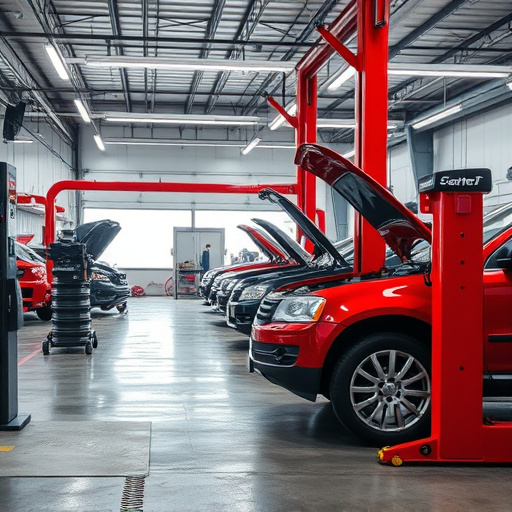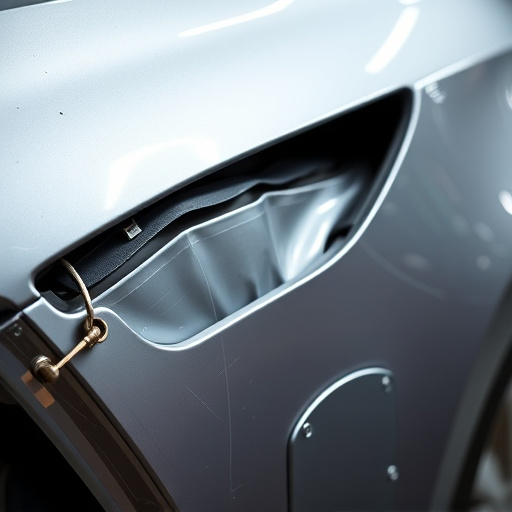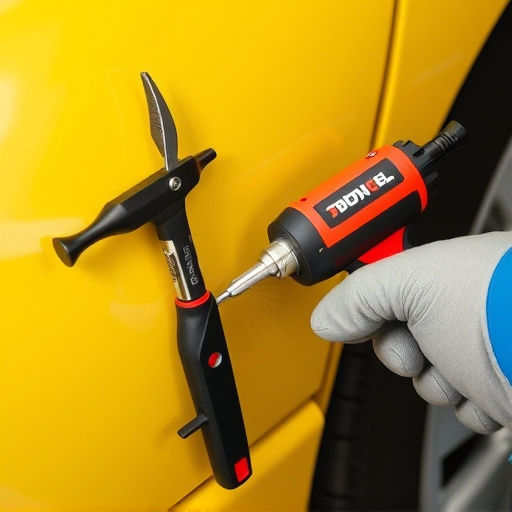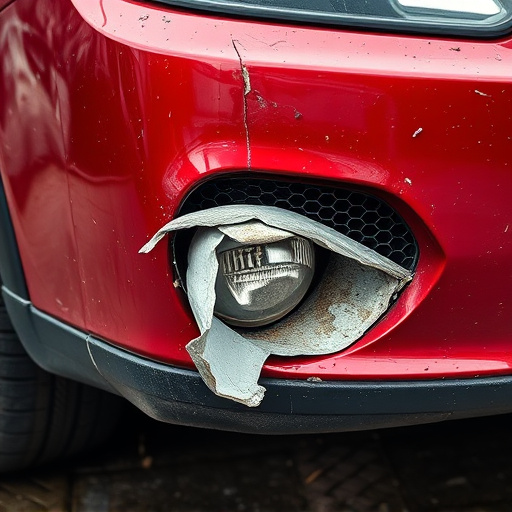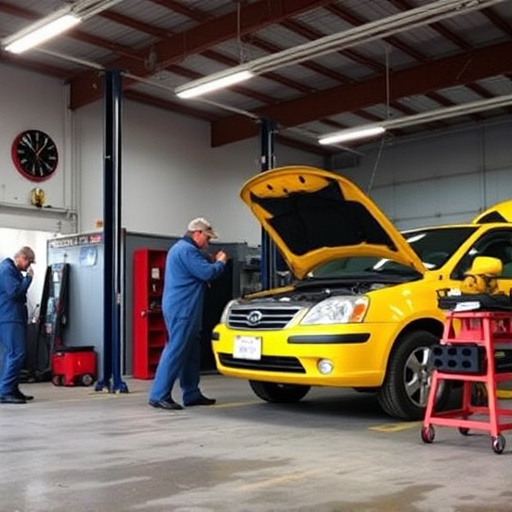Customer feedback is vital for improving repair quality in the automotive sector. By analyzing reviews, body shops can identify recurring issues like subpar tire services, visible repair gaps, and defects such as uneven paint jobs or misaligned parts, especially for Mercedes-Benz vehicles. Addressing these repair quality concerns through staff training, equipment upgrades, and process refinements boosts customer satisfaction, protects the shop's reputation, fosters trust, loyalty, and positive referrals.
In today’s competitive market, customer reviews are a powerful tool to gauge service quality, especially in the repair industry. This article delves into the critical aspect of understanding and addressing repair quality concerns as highlighted by client feedback. By examining common issues like defects and inconsistencies, businesses can implement strategies to enhance satisfaction levels. We offer insights on how to navigate these challenges, ensuring a positive customer experience and fostering trust in repair services.
- Understanding Customer Feedback on Repair Quality
- Common Concerns: Defects and Inconsistencies
- Addressing Issues for Enhanced Customer Satisfaction
Understanding Customer Feedback on Repair Quality
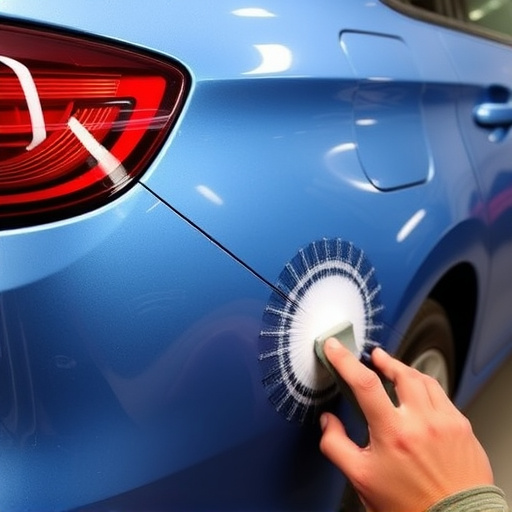
Customer feedback is an invaluable tool for any business, especially when it comes to understanding and addressing repair quality concerns. When customers leave reviews about their experiences at a vehicle body shop or automotive collision repair center, they provide insights into the overall service quality, including the craftsmanship, materials used, and attention to detail. By carefully analyzing these reviews, businesses can identify recurring issues and make necessary improvements.
The feedback might highlight specific areas of concern, such as subpar tire services, visible gaps in repairs, or poor communication throughout the process. It’s crucial for repair facilities to acknowledge these reviews, respond promptly, and take corrective actions. This not only demonstrates a commitment to customer satisfaction but also fosters trust and loyalty among those seeking automotive collision repair services.
Common Concerns: Defects and Inconsistencies

When it comes to customer reviews focusing on repair quality concerns, one recurring theme is the presence of defects and inconsistencies in the work performed. Customers often report issues like uneven paint jobs, misaligned parts, and hidden damage that goes unnoticed during the initial inspection. These problems not only detract from the overall aesthetic appeal but also raise questions about the level of professionalism and attention to detail exhibited by automotive repair shops, particularly those specializing in bumper repair and Mercedes-Benz collision repair.
Moreover, these concerns extend beyond mere cosmetic issues. Inconsistencies in repairs can impact the structural integrity of vehicles, leading to safety hazards on the road. Whether it’s a faulty frame repair or imprecisely replaced components, such defects underscore the critical importance of adhering to strict quality standards in automotive repair shops. This is especially true for high-end brands like Mercedes-Benz, where clients expect nothing less than flawless collision repair services that match the vehicle’s original manufacturing quality.
Addressing Issues for Enhanced Customer Satisfaction
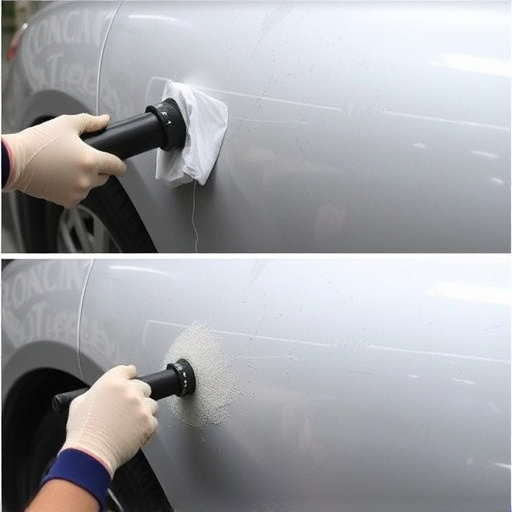
Addressing repair quality concerns is paramount to enhancing customer satisfaction at any auto repair shop. When clients bring their vehicles in for services like dent repair or collision damage repair, they expect nothing but the highest level of workmanship and precision. Any deviations from this expectation can lead to dissatisfied customers, damaging the reputation of the shop. Therefore, it’s crucial to have rigorous quality control measures in place, ensuring every repair meets or exceeds industry standards.
By actively listening to customer reviews and feedback, auto repair shops can identify recurring issues related to repair quality concerns. This data can then be used to implement targeted improvements, whether it’s enhancing training programs for staff, investing in state-of-the-art equipment, or refining existing processes. Demonstrating a commitment to continuous improvement not only bolsters customer trust but also fosters long-term loyalty, turning dissatisfied clients into advocates who recommend the shop to others.
Customer reviews serve as a powerful tool to identify and address repair quality concerns, ultimately fostering enhanced customer satisfaction. By understanding common issues like defects and inconsistencies, businesses can implement targeted strategies to improve their services. Navigating these feedbacks allows for continuous improvement, ensuring customers receive high-quality repairs and building trust in the brand.
